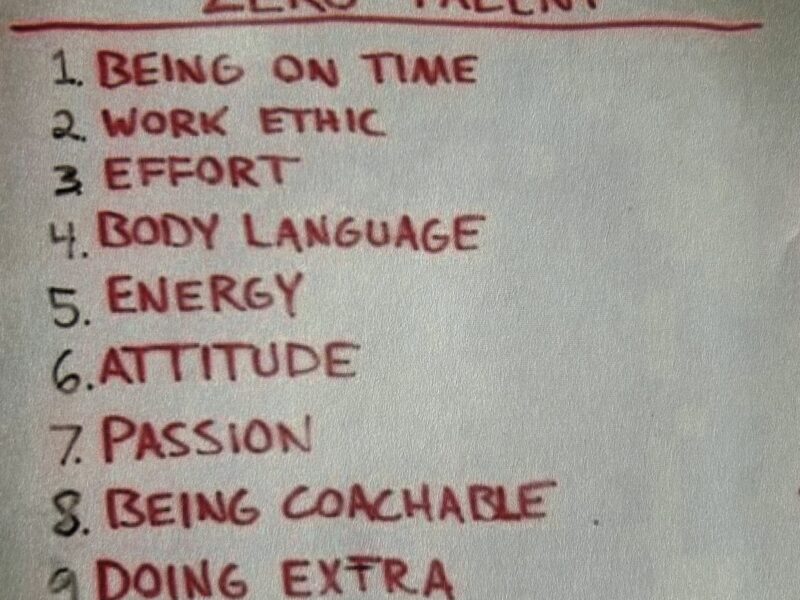Alexis de Tocqueville (1805-59) was a French aristocrat who at age 25 was granted a commission to sail to America to observe and assess this upstart, new-kid-on-the-block country that everyone across Europe and beyond was talking about. Not only did his book Democracy in America (Vol. 1, 1835 & Vol. 2, 1840) present his findings and reflections, it remains as a required text for college history majors.
As an exchange student at Smith College in 1975 – one of 16 males in a college of 2,600 women… another story for another time! – I took a course on de Tocqueville taught by the esteemed historian Stanley Elkins. (Elkins, who passed away only a few months ago, was a giant among U.S. historians, perhaps our foremost authority on the history of U.S. slavery.) We spent the entire semester reading and dissecting that one book. As an undergraduate, de Tocquevile’s conclusions and predictions struck me as astonishingly prescient.
As de Tocqueville himself said, “I confess that in America I saw more than America; I sought the image of democracy itself, with its inclinations, its character, its prejudices, and its passions, in order to learn what we have to fear or hope from its progress.”
I still remember Elkins’ take on our subject of study: “You might do well to think of de Tocqueville as an aristocrat who probably thought: Just because America may well be the future, that doesn’t mean you have to like it.”
Anyway, this week in Government class we are considering a few quotes and excerpts from Democracy in America. Here are a few of them:
“I do not know if the people of the United States would vote for superior men if they ran for office, but there can be no doubt that such men do not run.”
“Slavery…dishonors labor. It introduces idleness into society, and with idleness, ignorance and pride, luxury and distress. It enervates the powers of the mind and benumbs the activity of man.”
“There are many men of principle in both parties in America, but there is no party of principle.”
“The American Republic will endure, until politicians realize they can bribe the people with their own money.”
“I do not think that there is a single country in the world where, in proportion to the population, there are so few ignorant and, at the same time, so few educated individuals as in America.
“Now that I am drawing to the close of this work, in which I have spoken of so many important things done by the Americans, to what the singular prosperity and growing strength of that people ought mainly to be attributed, I should reply: To the superiority of their women.”
Onward, Malcolm Gauld


